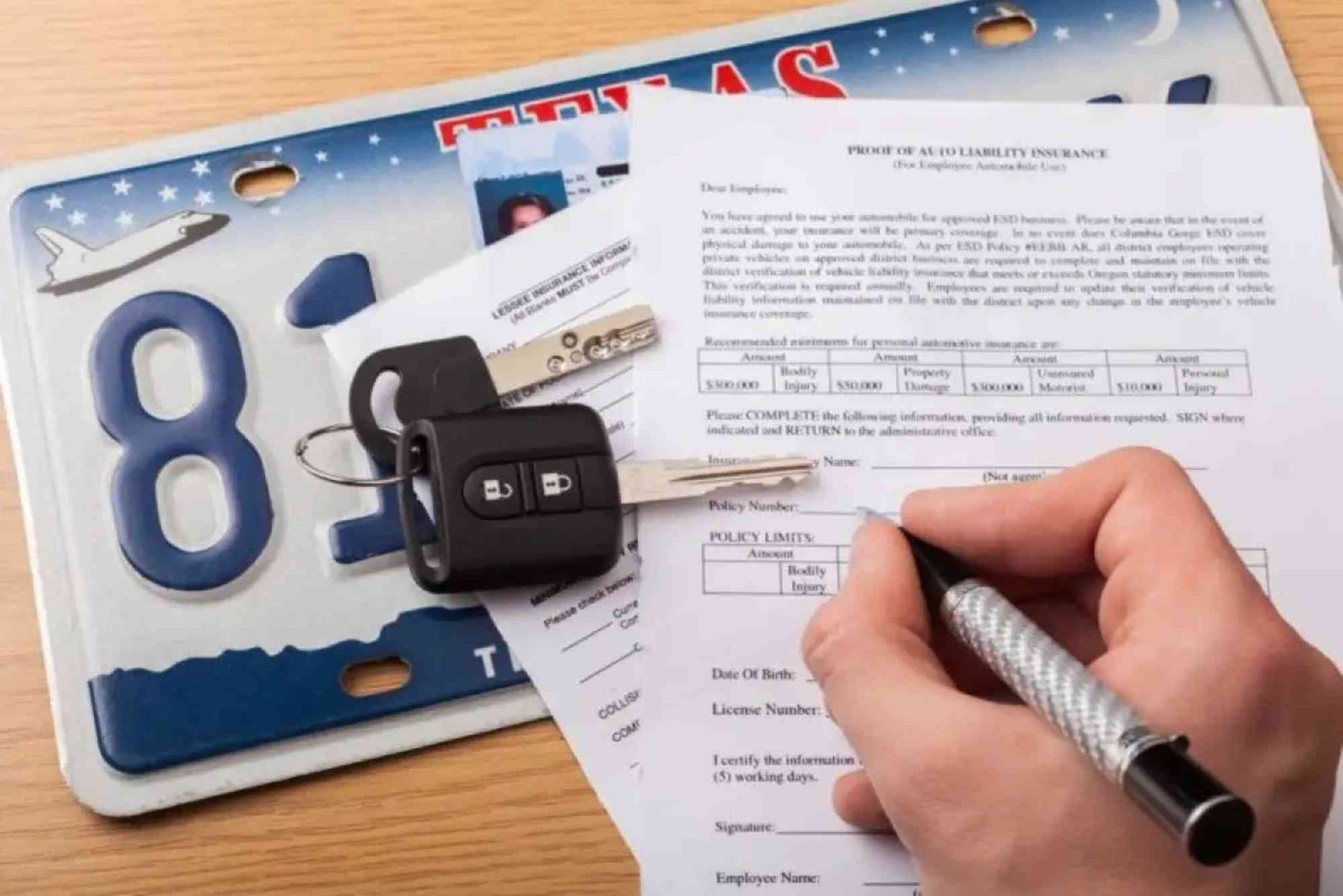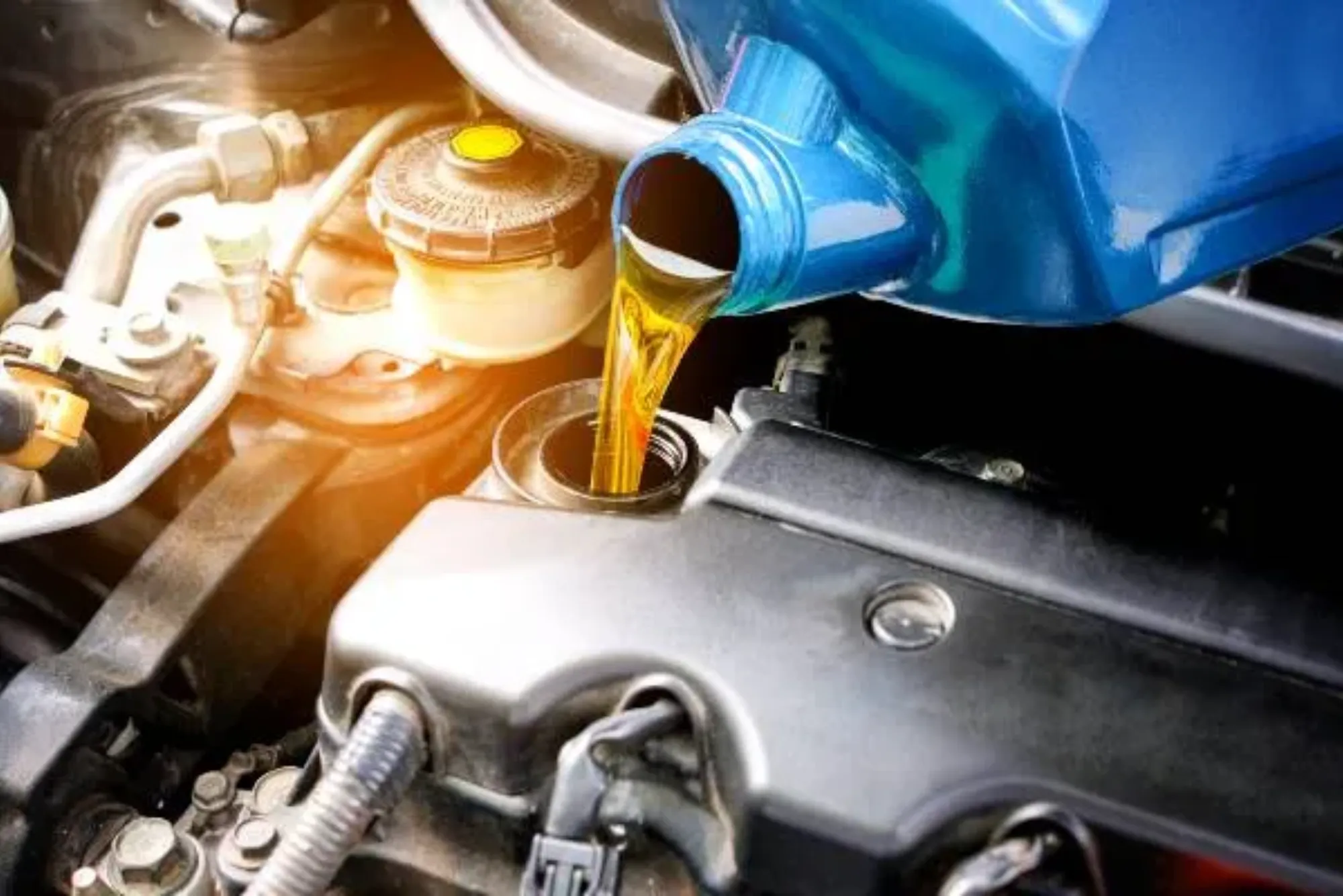Introduction
Renewing your car registration is one of those annual responsibilities that keeps your vehicle legally on the road and ensures your car’s information stays up to date. But how much does car registration renewal cost, and what steps do you need to follow to complete it efficiently? Whether you’re a first-time car owner or renewing for the tenth time, this guide will help you understand the entire process. From fees and paperwork to timelines and inspections, here’s a complete breakdown to make car registration renewal simple and stress-free.
Understanding the Basics of Car Registration Renewal
Car registration renewal is a mandatory process handled by your local Department of Motor Vehicles (DMV) or equivalent authority. It confirms that your car meets safety and emission standards and remains legally eligible for road use. Renewal fees vary by state, vehicle type, and sometimes even by vehicle weight or age. Typically, car owners must renew registration every 1–2 years, depending on local regulations.
Before getting into the cost and checklist, it’s important to know that registration renewal helps authorities track vehicle ownership and maintain accurate databases for taxation, safety recalls, and law enforcement. Neglecting this process could lead to fines, penalties, or even vehicle impoundment.
How Much Does Car Registration Renewal Cost?
The cost of car registration renewal isn’t the same everywhere. It depends on several factors including your vehicle’s weight, value, location, and whether you’re renewing on time or late. On average, most U.S. states charge between $20 to $200 for a standard car registration renewal. Luxury or commercial vehicles often have higher fees. Additional costs may apply if you live in an area with mandatory emission testing or inspection requirements.
Some states include local taxes or county-specific surcharges that slightly increase the renewal amount. If you’re renewing late, expect a penalty fee ranging from $10 to $100 depending on how long you’ve delayed.
To get an exact estimate for your location, you can check your DMV’s online fee calculator or refer to resources like learn more about how much car registration renewal for detailed cost insights by state.
Car Registration Renewal Checklist
Renewing your car registration doesn’t have to be complicated. Here’s a clear, step-by-step checklist to ensure you complete the process smoothly and avoid any penalties.
Check Your Renewal Notice
Most states send a renewal notice 30 to 60 days before your current registration expires. This notice includes your vehicle details, due date, and the amount payable. Review it carefully to ensure your information is accurate. If you didn’t receive it, you can usually access your details through your DMV’s online portal.
Gather Required Documents
You’ll need a few key documents for renewal. These typically include your current registration card, proof of insurance, driver’s license, and in some cases, a vehicle inspection certificate. Make sure your insurance coverage meets state requirements and that your personal details (like address and VIN) are up to date.
Complete Emission or Safety Inspections (If Required)
Some states, especially those with strict environmental standards, require emission or safety testing before renewal. If your state mandates this, schedule your inspection early to avoid delays. The inspection center will issue a certificate that you must present or upload during the renewal process.
Choose a Renewal Method
Most DMVs offer multiple renewal options to fit your schedule:
-
Online Renewal: The fastest and most convenient way. Just visit your state DMV website, fill in your details, and pay using a credit or debit card.
-
Mail Renewal: Send your completed renewal form and payment (usually a check or money order) to the address on your notice.
-
In-Person Renewal: Ideal for those who need assistance or have overdue registration issues. Visit your local DMV office with all necessary documents.
Online renewal is becoming increasingly popular because it saves time and provides instant confirmation.
Pay the Renewal Fee
Depending on your renewal method, you can pay your registration fee online, by mail, or in person. Keep a copy of the payment confirmation or receipt for your records. Payment methods typically include debit cards, credit cards, or direct bank transfers.
Receive and Attach Your New Registration
Once you’ve paid, you’ll receive your new registration documents and, if applicable, new license plate stickers. These are proof that your car registration is up to date. Keep your registration card in your vehicle at all times, as you may need to show it during traffic stops or inspections.
Set a Reminder for Next Renewal
To avoid late fees, mark your next renewal date in your phone calendar or planner. Some states allow you to sign up for electronic reminders via email or text message. Staying organized saves you time and money in the long run.
Factors That Influence Renewal Costs
While many people assume that renewal fees are fixed, they can actually vary for several reasons. Key factors include:
-
Vehicle Type: Commercial, electric, or hybrid vehicles may have unique fee structures.
-
Vehicle Weight: Heavier vehicles often have higher registration costs.
-
State Taxes: Some states include additional local or environmental surcharges.
-
Late Renewal Penalties: Delays increase costs significantly.
-
Emission Requirements: Mandatory tests can add extra fees.
Understanding these variables helps you budget effectively and avoid unexpected costs.
Tips to Save Money on Car Registration Renewal
There are several ways to save money during the renewal process:
-
Renew early to avoid late fees.
-
Choose online renewal to save travel time and postage costs.
-
Keep your car in good condition to pass inspections on the first attempt.
-
Update your address promptly to ensure you receive all renewal notices.
-
Check if your state offers discounts for electric or low-emission vehicles.
Small habits like these make the process easier and cheaper over time.
Common Mistakes to Avoid During Renewal
Even experienced car owners make errors that can lead to delays or fines. The most common mistakes include missing the renewal deadline, submitting outdated insurance proof, failing emission tests, or entering incorrect vehicle details online. Always double-check your entries and documents before submission. Also, avoid ignoring warning letters, as unpaid fees can result in registration suspension.
Why Timely Renewal Matters
Driving with an expired registration can lead to serious consequences. Law enforcement officers can issue tickets, and repeated offenses may lead to vehicle impoundment. Moreover, expired registration could invalidate your insurance in some cases. Timely renewal ensures continuous compliance with state laws and avoids unnecessary financial stress.
When to Renew Your Car Registration
Each state has different renewal cycles, but generally, you should renew your car registration annually or biennially. The expiration date is usually printed on your license plate sticker or registration card. Plan your renewal at least 30 days before the due date to accommodate possible inspection delays or mail processing times.
Expert Advice for Smooth Car Registration Renewal
Renewing your registration doesn’t have to feel overwhelming. Organize your documents, use your DMV’s online tools, and stay updated with new regulations in your state. Visiting official sources like the official maintenance guidance page from NHTSA can also help you stay informed about vehicle upkeep and compliance standards.
If you’re new to vehicle ownership or want to expand your knowledge, explore more on automobile basics to understand how registration, insurance, and inspections work together for road safety and vehicle efficiency.
Stay Compliant and Drive Confidently
Renewing your car registration may seem like a small task, but it’s an essential part of responsible vehicle ownership. It ensures your car remains legally compliant, environmentally safe, and fully insured. With this step-by-step checklist, you can manage the process easily and avoid common mistakes. Always plan ahead, check your renewal notice, and submit your documents on time.
For a detailed breakdown of fees and renewal requirements in your area, visit learn more about how much car registration renewal and stay informed. Taking these proactive steps keeps your vehicle compliant and gives you peace of mind every time you hit the road.
FAQs
How much does it cost to renew my car registration?
It varies by state but generally ranges from $20 to $200. Some states charge additional fees based on weight, age, or taxes.
Can I renew my car registration online?
Yes, most states allow online renewal through their DMV websites. It’s the fastest and most convenient option available.
What happens if I miss my car registration renewal deadline?
You may face fines, late fees, or even a registration suspension. Renewing promptly prevents legal issues.
Do I need insurance to renew my registration?
Yes, valid auto insurance is typically required. Your state’s DMV may verify your coverage electronically.
Is an emission test mandatory for all vehicles?
Not in every state. Some states require emission or safety inspections depending on the vehicle’s age or fuel type.
How long does it take to receive my new registration?
Online renewals are processed instantly, while mail renewals can take 1–3 weeks depending on your state’s processing times.




